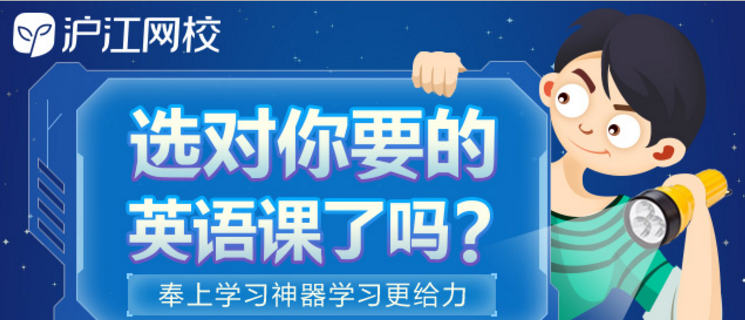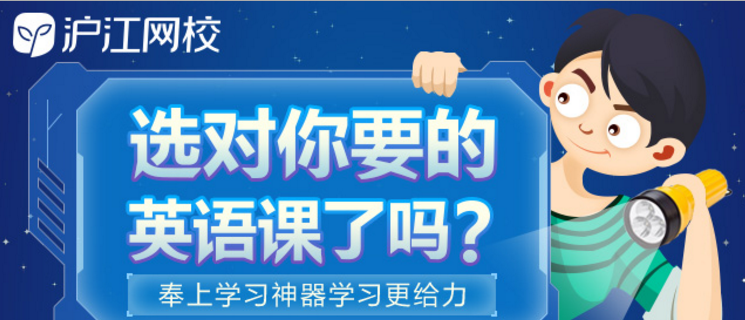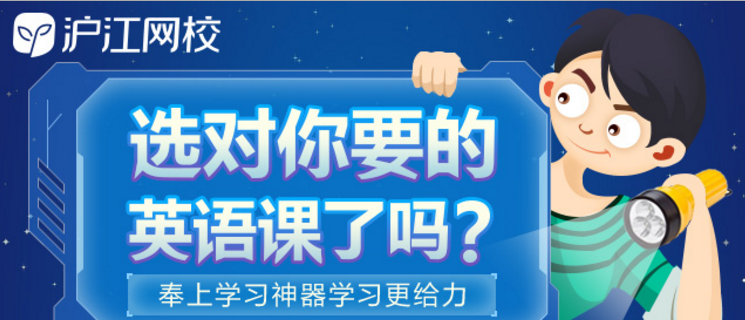当心!15个单词可能毁掉你的外企英文面试
|
Receiving an invitation for a job interview can be an exciting time – especially after you’ve been job-searching for a while. Unfortunately, it’s all too easy to kill off all your chances of getting a job by saying just a few wrong words during your job interview. To make sure your job interview leads to the next round or a job offer, here’s a list of words which you should aim to avoid.
Um.. The biggest problem with this word is that you’re probably unaware of how much you use it. If you listened to a recording of yourself, you’d probably be surprised (and probably horrified) at the amount of “umming” you do. Unfortunately, this makes you look less polished during a job interview. One of the best ways to remove this filler from your vocabulary is to let your friends and family know that you want their help and they can profit from it. Tell them that you’ll pay a dollar to every person who catches you using it. Kinda Not only does this word make you sound like a teenager, it also introduces vagueness into your answers. To make sure you come across confident and mature, replace “kinda” with clear “yes” or “no”. Follow your answer with a clear reason why you’ve taken that position. Hate Nobody likes a hater. When a hiring manager or recruiter hears you say that word, they hear “high risk candidate”. Avoid aiming this word at anyone or anything during your job interview. This includes “pet hates”, as well as feelings towards companies, ex-colleagues and – especially – bosses you’ve had. Any Curse Word Even if you think the company culture might find such words acceptable, don’t risk it at the interview stage. You’re risking coming across as unprofessional and crass. Perfectionist This is the most popular among overused, meaningless cliches. There was a time when “I’m a perfectionist” was a clever way to get out of a question about your weaknesses. These days, any interviewer worth their salt will see through this ploy and cringe on the inside at your answer. Basically It’s tempting to use this word as a prelude to your achievements. For example, “Basically, I was responsible for flying the capsule to the Moon and back.” Unfortunately, doing this also diminishes you. So, unless you’re Buzz Aldrin, skip it and launch straight into your answer. I In today’s culture-centric employment world, you’re only as good as your ability to work as part of a team. While competitiveness is a great trait to demonstrate, overusing sentences like “I was the top salesperson in my company” can give off the impression that you’ll take it too far, pushing your colleagues down and aside in order to get to the top. By all means, brandish your achievements, but let your interviewer know what that meant for the team and/or the company. For example, “I was the top salesperson in my last role during 2013, which meant I was able to exceed my targets by $1.2 million during that year.” Sure It’s tempting to use this word to communicate “it’s almost a yes.”However, doing this also chips away at your ability to appear confident. Just as with “Kinda” above, it’s best to remove any ambiguity about where you stand. Use a firm “yes” or “no” instead, expanding on your position if necessary by providing reasons and examples. |









